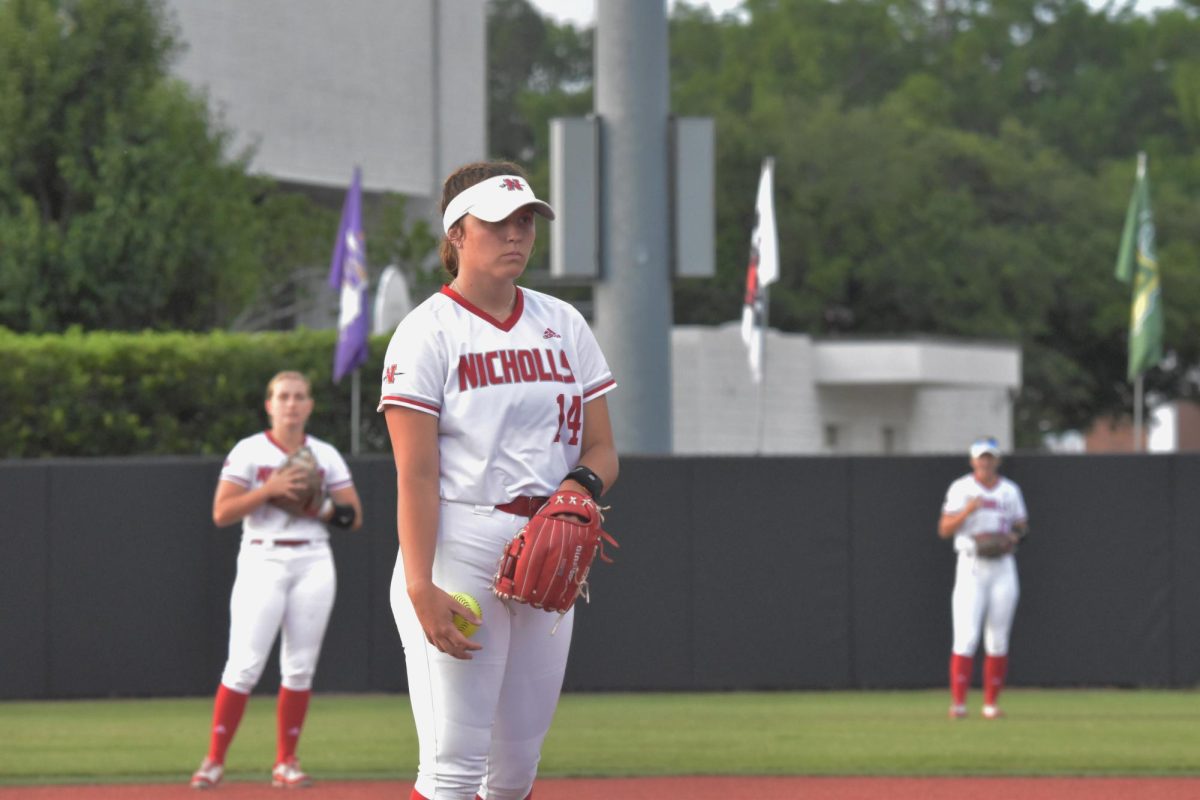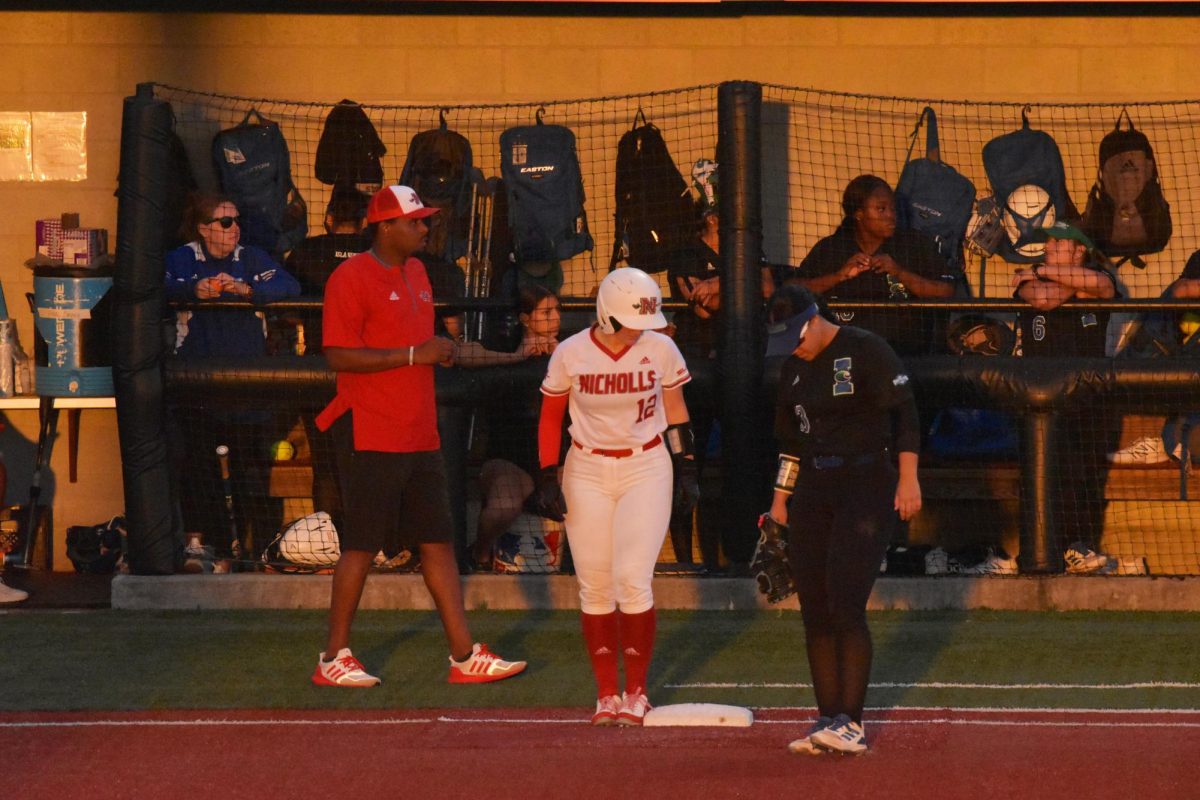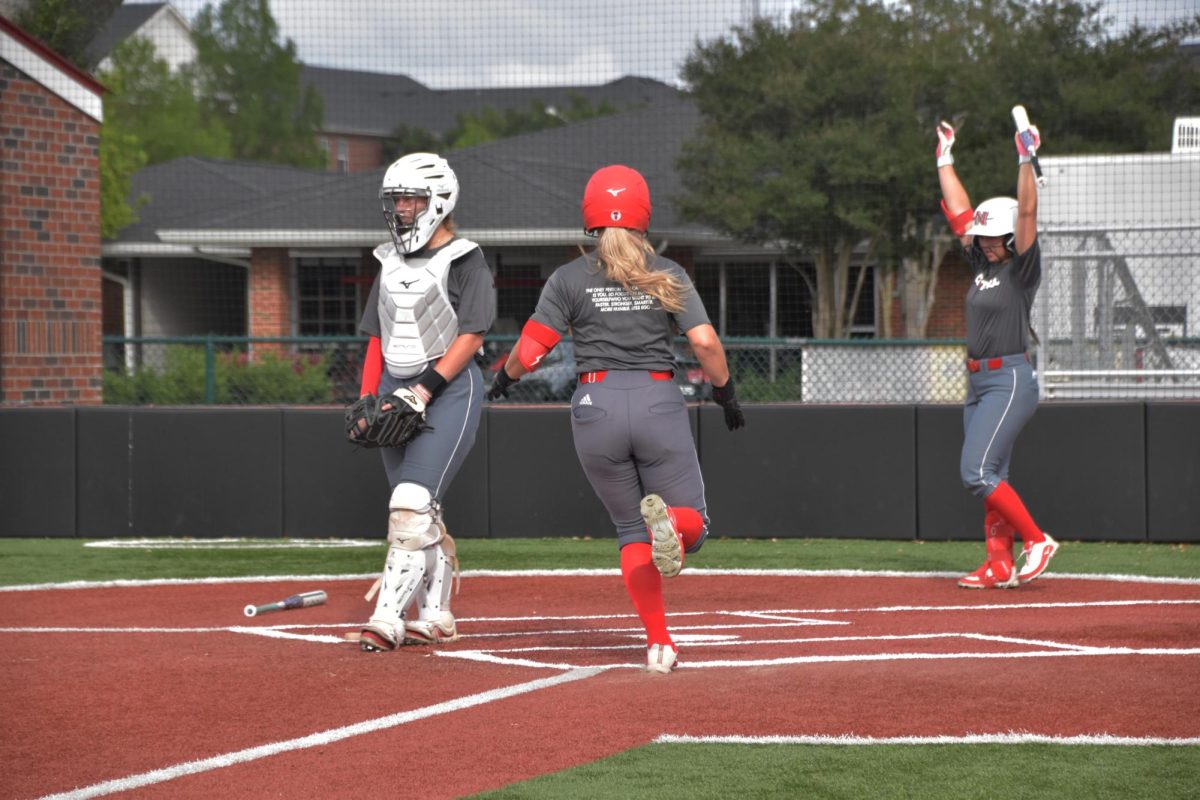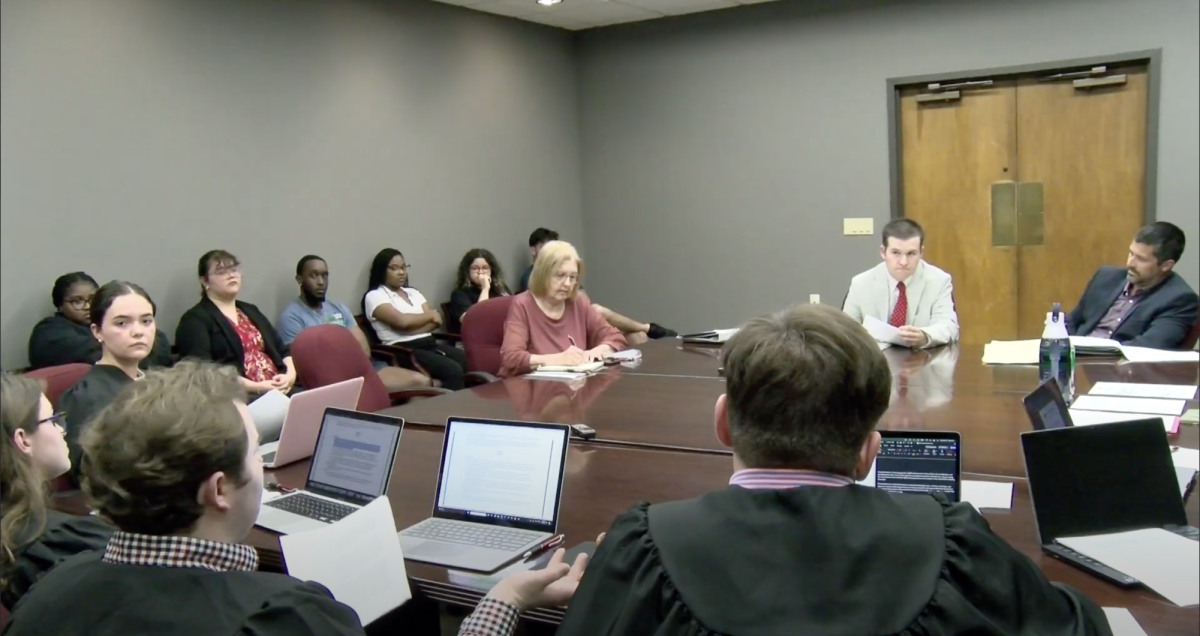The Louisiana Student Financial Assistance Committee amended the Scholarship and Grant Program rules to include the summer session and summer-fall intersession as part of an academic year on March 19.
The change to Section 301 of the program allows the semester hours that students earn in these sessions to count for the 24 yearly hours needed for the Taylor Opportunity Program for Students (TOPS) scholarship.
Beginning with the 2011-2012 academic year, the TOPS academic year will begin with the fall term of the award year and conclude immediately before the next fall term, including all intersessions and summer intersessions.
The change applies only to TOPS Opportunity, Performance and Honors Award recipients, and all students are not required to enroll for a summer or early intersession.
According to the Louisiana Office of Student Financial Assistance (LOSFA), the TOPS scholarship will not automatically pay for summer sessions. For a student to receive payment for a summer session, one of five criteria must be met: the summer session must be required in the student’s degree program for graduation, and the student must be enrolled for at least the minimum number of hours required for the degree program; the student must complete his or her program’s graduation requirements in the summer session; the courses taken during the summer session must be required for graduation, and it is only available during the summer; or the student must have earned at least 60 hours of college credit.
An award made for summer school expends one semester or term of TOPS eligibility, meaning that using TOPS for summer funding will take the place of using it for another semester.
According to Brandy St. Pierre, assistant director of University scholarships for the office of financial aid, the new change in the rules will cause an increase in the number of students enrolled in summer school.
“There will be an increase in admissions for the summer because students who might not have been eligible to come to class in the summer to bring up their hours will now be able to come in the summer,” St. Pierre said. “[Students] will be able to enroll so that if they were short the 24 hours needed for TOPS, they can now come to the summer to bring up those hours. It is a better change because more students will now be able to keep their TOPS scholarship by going to summer school instead.”
A local lawmaker also attempted to make a change to the rules for TOPS last month, but his efforts fell short when the Postsecondary Education Review Commission rejected his motion to place a cap on the program’s funding.
Rep. Joe Harrison, R-Napoleonville, member of the budget-drafting Appropriations Committee, told the committee that the TOPS program is losing money at the same time the state is facing budget shortfalls.
Harrison said that he expects the costs for TOPS to reach $168 million next year. His House Bill 294 would have capped the semester rate at $1,600 for the next five years.
Harrison said that he came up with the amount of $1,600 by calculating semester costs at Louisiana State University.
He said that it would be enough money for a semester’s tuition at any Louisiana college, including Nicholls, which costs about $1,300 per semester.
According to LOSFA, under the current TOPS plan, tuition awards can be as much as $2,676, depending on the level of the award a student earns.
The highest amount that a Nicholls student can earn is the TOPS Honors Award, which amounts to $2,125.
The committee rejected Harrison’s plan by a vote of 12-14.
Rep. Jerome “Dee” Richard, a Thibodaux independent that serves on the committee, voted against the bill, but he suggested alternatives to changing the program, such as increasing the minimum grade-point average for eligibility.
Harrison said the state of Georgia recently did that with its scholarship program, increasing it to a 3.0 GPA.
The minimum GPA needed for TOPS is a 2.0 in the student’s first year and a 2.5 during the following years.
Harrison also suggested using a model based on LSU’s medical schools, which requires students that are offered scholarships to make a five-year commitment to working in the state after graduation.
Rep. Pat Smith, D-Baton Rouge, said that TOPS suffers because some students leave Louisiana after receiving their degree.
“I would think the state would want something back in return, whether it be staying in school or giving back something to their state,” Smith said. “It’s about time to do something on this issue.”












